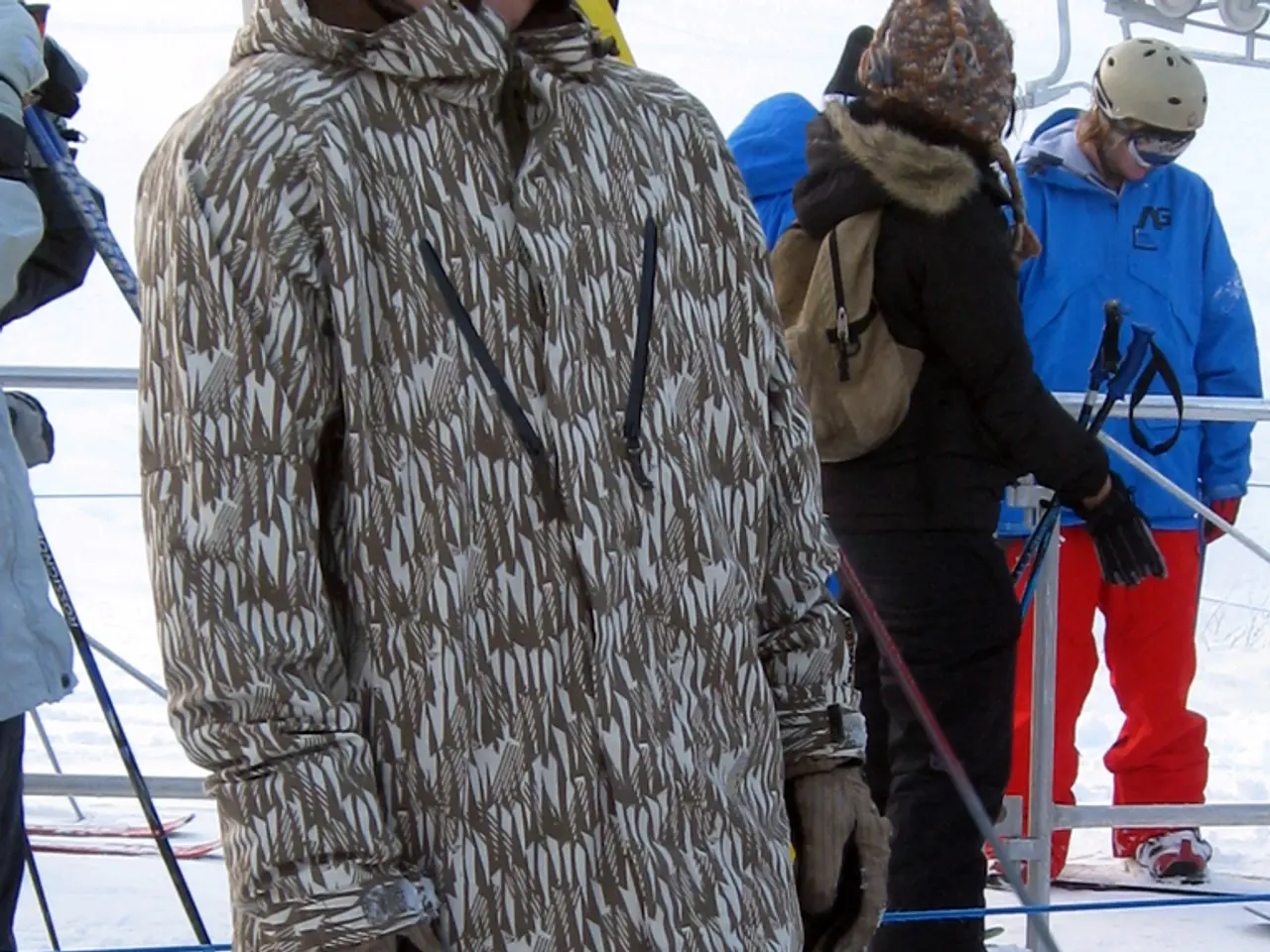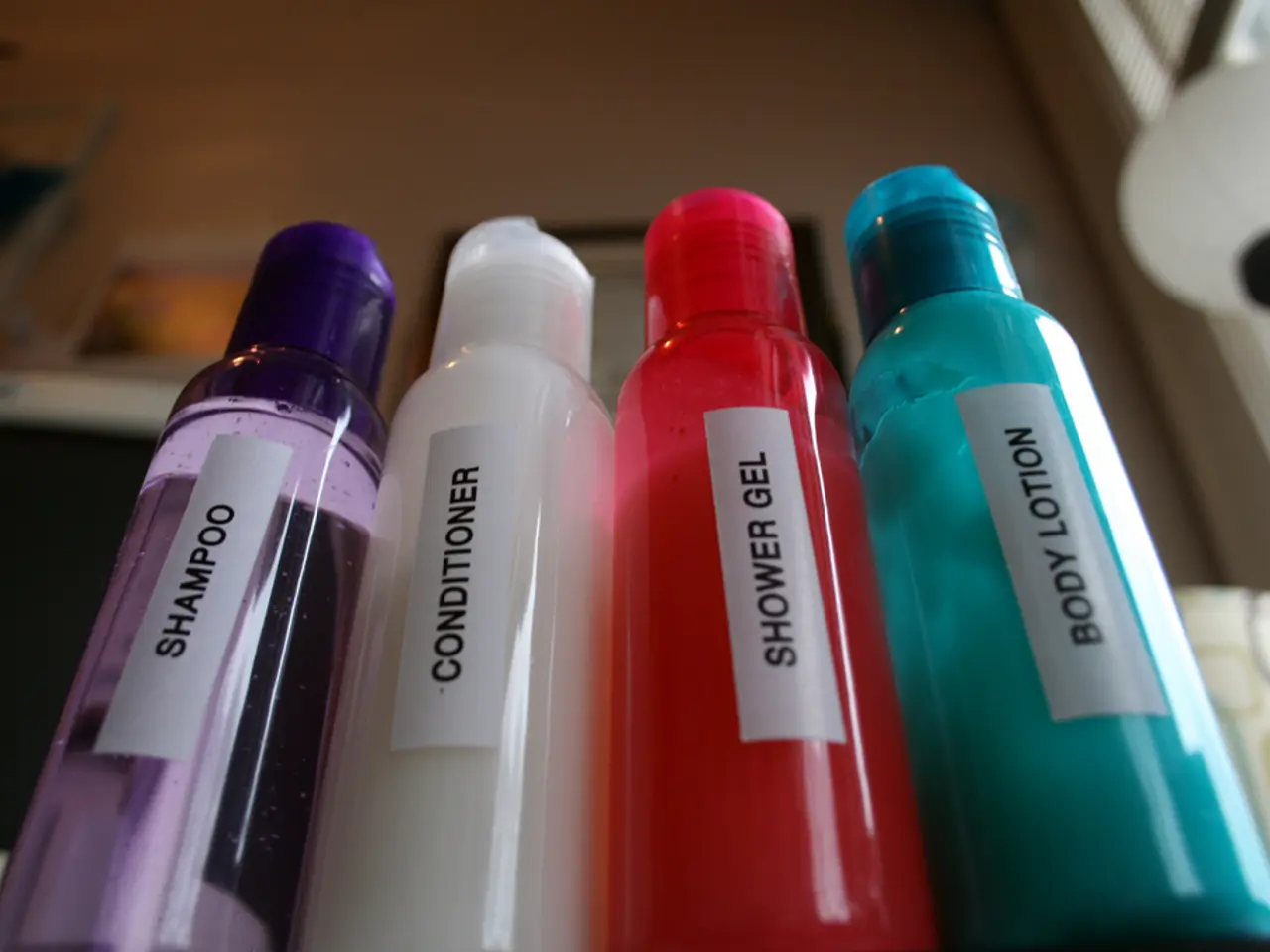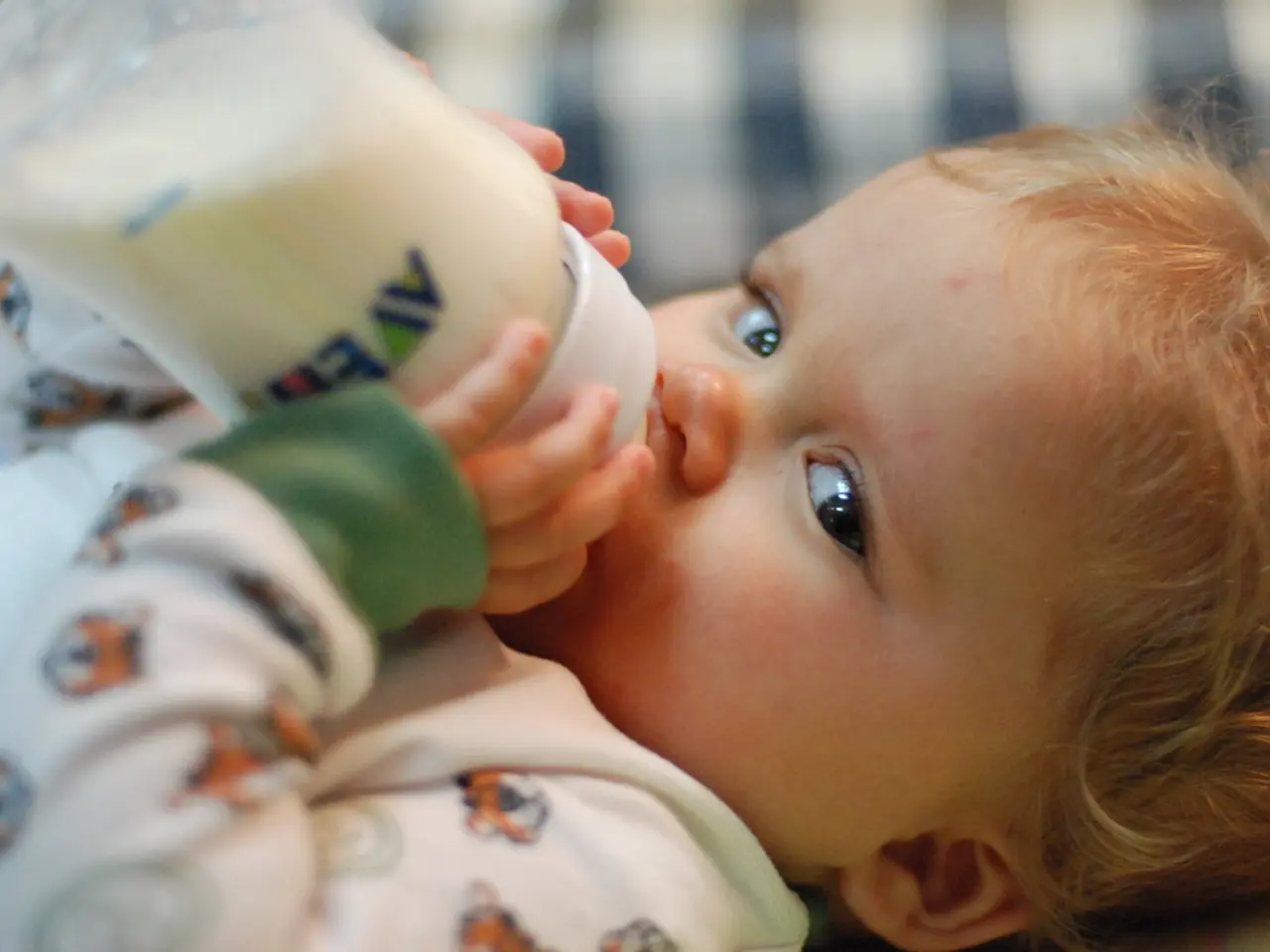Identifying Cold Sore versus Pimple: Recognition Guide and Treatment Options
In the realm of common skin ailments, cold sores and pimples often cause concern for many individuals. While both conditions may affect the skin, they have distinct causes, treatments, and characteristics.
Cold sores, also known as fever blisters, are caused by the herpes simplex virus type 1 (HSV-1). This virus creates fluid-filled blisters typically around the lips. In contrast, pimples result from clogged pores, excess oil, bacteria, and inflammation, often related to acne vulgaris.
For cold sores, effective treatments focus on antiviral therapy to combat the virus early. Antiviral medications like acyclovir, valacyclovir, and famciclovir, when taken orally, significantly accelerate healing if started at the first sign of an outbreak by inhibiting viral replication. Over-the-counter creams containing docosanol (Abreva) or prescription ointments with acyclovir or penciclovir help reduce the duration and severity when applied early. Cold compresses, pain relievers such as ibuprofen or acetaminophen, and lip balm with SPF to protect from sun exposure are also beneficial for symptom relief.
Pimple treatment, on the other hand, relies on controlling inflammation and bacteria with topical and sometimes oral agents. Common treatments include benzoyl peroxide, salicylic acid, and retinoids that help unclog pores, reduce bacteria, and promote skin cell turnover. In moderate to severe cases, antibiotics or hormonal treatments may be prescribed.
It is essential to note that while cold sores cannot be cured completely, they can be managed to shorten outbreaks and reduce discomfort. Pimples, however, can be cured or controlled with treatment, especially when addressed early and consistently.
In terms of contagiousness, cold sores are highly contagious during outbreaks, while pimples are not contagious. Both conditions require early intervention, but they target different underlying causes and mechanisms.
Strategies to prevent or reduce pimples include avoiding touching or rubbing them, avoiding tight clothes, limiting exposure to potential irritants, washing the face regularly but not scrubbing the skin too hard, and applying minimal makeup or switching to acne-friendly products. For cold sores, certain herbal treatments may also have preventive properties.
In summary, cold sore treatment centers on antiviral medications to combat the herpes virus early, while pimple treatment relies on controlling inflammation and bacteria with topical and sometimes oral agents. By understanding these differences and seeking appropriate treatment, individuals can effectively manage and prevent both conditions.
Ulcerative colitis, a type of nondigestive ulcer, is not related to cold sores or pimples, but it is a medical condition that affects the large intestine, causing symptoms like abdominal pain, diarrhea, and weight loss.
Atopic dermatitis, a form of eczema, is a common skin disorder that shares some similarities with pimples, as it causes rash, itching, and inflammation on the skin, often appearing on the face, arms, and legs.
Oral herpes, besides causing cold sores, can also manifest as sores inside the mouth, known as aphthous ulcers or canker sores, which are not related to acne but can be uncomfortable and painful.
In the realm of autoimmune diseases, ankylosing spondylitis primarily affects the spine and large joints, causing inflammation, pain, and stiffness, while psoriasis is a chronic skin condition characterized by red, scaly patches and plaques, often affecting the elbows, knees, scalp, and lower back.
Acne, a common skin ailment similar to pimples, can also have psychological effects, such as depression, making it essential to maintain good skin care habits and seek treatment when necessary.
Predictive science can help identify the underlying causes and potential triggers of various medical conditions, such as ulcerative colitis, atopic dermatitis, ankylosing spondylitis, psoriasis, and even acne, by analyzing genetic markers and environmental factors.
Along with skin care, haircare is an essential aspect of health-and-wellness, especially for those experiencing hair loss due to conditions like alopecia areata or stress.
Managing medical conditions like ulcerative colitis, atopic dermatitis, ankylosing spondylitis, psoriasis, or even acne, not only requires appropriate treatment but also a holistic approach, encompassing diet, stress management, and a positive mindset to ensure overall well-being.
Incorporating mindfulness practices, regular exercise, and maintaining a balanced diet can complement medical treatments for various medical conditions, fostering a comprehensive approach to health and well-being.




